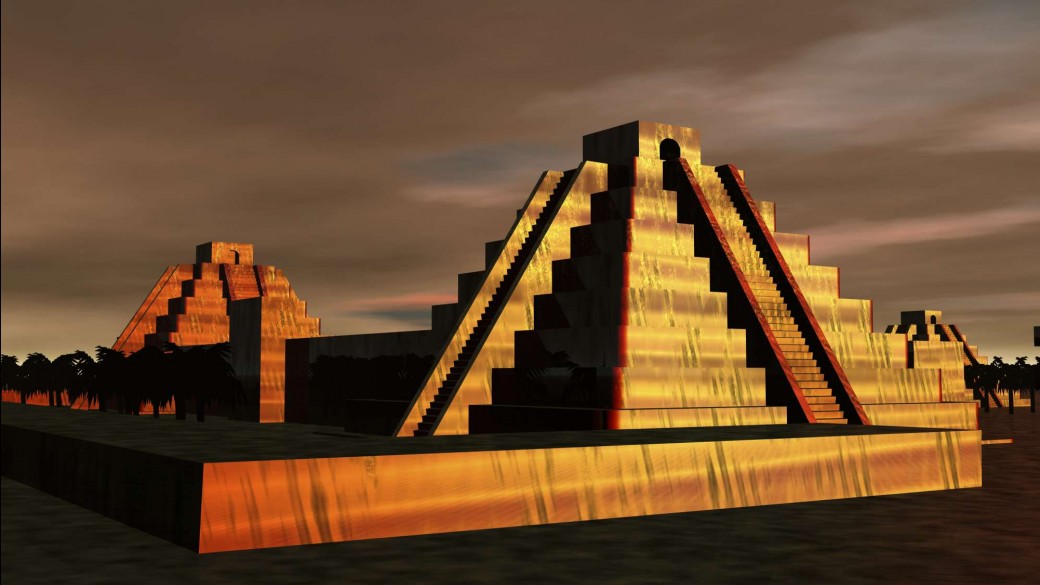Gold is the monetary standard of the world. Countries across the globe stockpile the precious metal, using it as a stabilizing force for local economies.
Even during wars, political upheavals, weather disasters, and social crises, gold retains its value.
What gives gold this steady value? What gives it the ability to remain constant in price through political crises and natural catastrophes?
It’s not the actual metal. The bars of glittering gold just sit there, doing nothing, even as the world rages around them.
Gold’s value is in our perception of how much it is worth, that all-important market price. What can we get for our gold today?
At $1,300 an ounce? We feel secure, certain that the economy will be fine, and our tomorrow is perky with possibilities. Gold rises to $1,325 an ounce? We jump with joy; we are rich beyond belief. If it falls to $1,275? In our minds, our finances are devastated; our homes, our cars, even our prospects for the future crumble as we watch.
Yet, the amount of metal we possess has not changed, only its perceived value in the market.
The United States puts its trust in Fort Knox, where 4,578 metric tons of the stuff are stored. The Federal Reserve Bank of New York’s underground vault has even more: 7,000 metric tons.
The world places its trust in its gods of gold. Where should we, as Christians, place our trust?
Israel was the America of her day. She was a powerful country, fat with wealth and success.
Samaria was the capital of the northern kingdom of Israel. She had set up centers of worship unto her gods of gold.
In Beth-aven, known as the house of vanity, she had raised a golden calf, placing her trust in her golden god, rather than in the Lord Jehovah.
The children of Israel became known as the children of the calf, rather than the children of Jehovah.
Hosea 10:5 tells us that the children of Israel mourned for her golden calf, which could neither help itself nor them. Yet, in the next verse, we read that the golden gods of Israel would be carried away to Assyria, to be given as a gift unto the foreign king.
We have no control over the monetary gods of this world, whether they are gold reserves, financial institutions, or high-paying jobs. What we do have control over is where we place our trust.
Psalm 7:1 tells us the words of David, one of the wealthiest monarchs of all history.
“In thee, O Lord my God, do I put my trust…”
If David put his trust in God rather than in his vast financial resources, what lesson can we learn from that? It’s an easy answer. Our gods of gold are only tools to be used in the service of the kingdom. Our true wealth is found in the great God Jehovah, Creator of all Mankind, and Monarch of the Universe.
Who are we today as Americans? Are we the children of Jehovah, or does the world see us as the children of the calf?
When we put our trust in God, we don’t have to worry about the rest of it. It is God’s responsibility.
Copyright © 2014 MyChurchNotes.net
Code: FGO.B.16.14.vp


